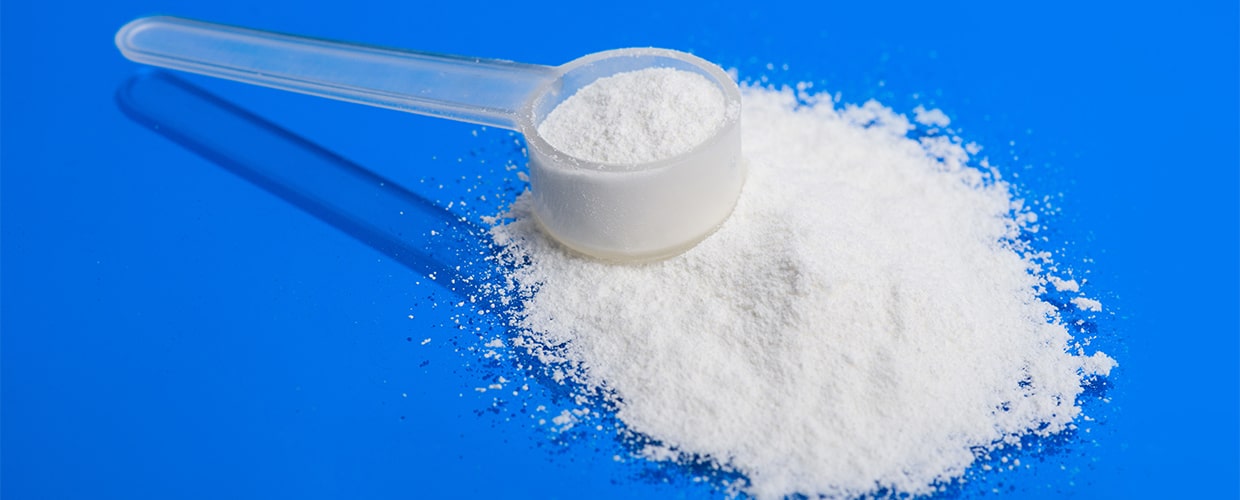The International Society of Sports Nutrition regards creatine monohydrate as the most effective ergogenic nutritional supplement currently available to athletes in terms of increasing high-intensity exercise capacity and lean body mass when used in conjunction with the appropriate training.
Other scientific and sport research bodies drew similar conclusions. More importantly, no study to date has reported any adverse effects of short- or long-term creatine usage, while numerous research papers have shown performance and health benefits in athletes.
As such, any serious athlete or gym-goer who wants to benefit from greater strength and power, or increase anaerobic performance and lean body mass should include this potent supplement in their regimen.
But a trip to your local Dis-Chem store will reveal a multitude of brands that produce this popular product, as well as various product variants. So, which one is best? We break down the different creatine options available to help you make an informed choice.
Creatine Monohydrate
This is the most common form of creatine available on supplement shelves today and is still considered by many to be the most effective. It is basically creatine bound with water. Each molecule of creatine monohydrate is made up of 88% creatine and 12% water.
Creatine Ester
This form of creatine is generally considered to have higher absorption rates as it is able to permeate the cell membrane more effectively. It is also less likely to result in bloat and water retention. Creatine non-responders also tend to have more success with this type of supplement.
Creatine Citrate
This product delivers a more water-soluble form of creatine, which means it dissolves easily in a solution. However, Creatine Citrate only offers 400mg of creatine per gram, whereas creatine monohydrate offers 880mg.
Creatine Phosphate
This supplemental form of creatine has been designed to deliver the exact form of creatine required by the ATP-phosphocreatine energy system. Studies are still trying to prove that this form is more effective than creatine monohydrate supplementation, but what is know is that Creatine Phosphate delivers 623mg of creatine per gram.
Creatine Malate
This substance is formed when one malic acid molecule binds to three creatine monohydrate molecules. This structure means it has a greater affinity when binding with water, which limits the rate at which it is converted into creatinine and excreted by the kidneys. However, due to its complex structure, it is generally the most expensive form of creatine on the market.
Creatine Hydrochloride (HCL)
Creatine HCL is a hydrochloride salt which is reportedly 59 times more soluble in water than creatine monohydrate, which means that lower doses are required to achieve the same concentrations achievable with the recommended doses of creatine monohydrate.















